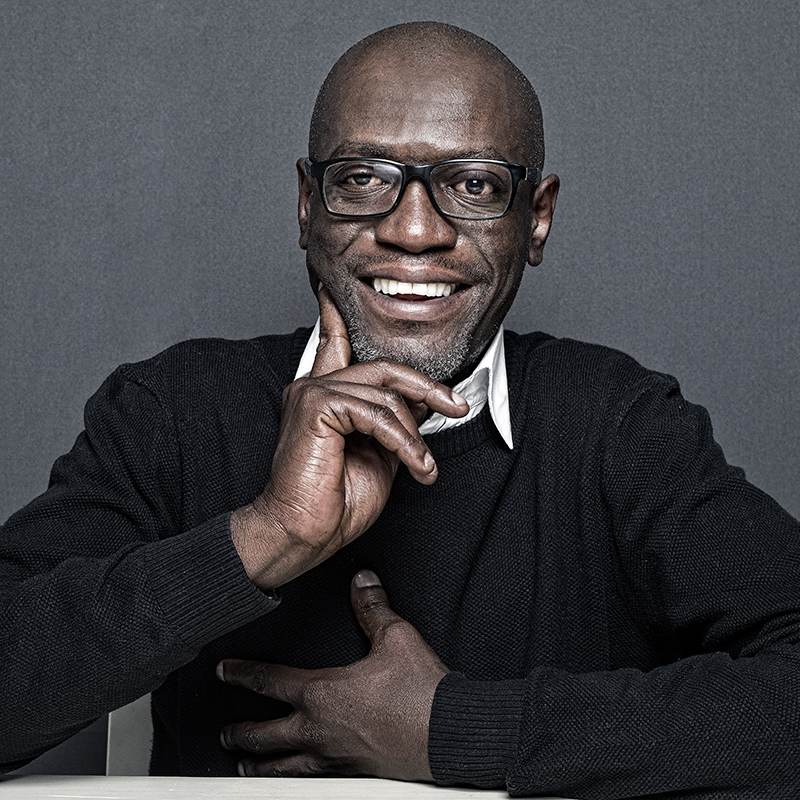Could Nigeria become world's fifth-largest economy?
MTN Group CEO Ralph Mupita believes Nigeria could become the world's fifth-largest economy, if it taps the digital opportunity.
Mupita was the keynote speaker at the 2023 Businessday CEO Forum in Lagos, which focused on making Nigeria a significant player in the global digital economy.
In his speech, Mupita highlighted the vast untapped potential in the digital economy, with Nigeria's Internet Gross Domestic Product currently at six percent and expected to double by 2050 to reach $145 billion.
He noted that Africa currently accounts for only one percent of the global digital economy, a stark contrast to 68% in the United States, 22% in China, and 27% in Asia.
This gap, he suggested, represents a significant opportunity for growth.
In the case of Nigeria, he said: "The potential is immense. The future of Nigeria lies in its digital economy. And with strategic intent, collaborative effort, and a shared vision, that future is within reach.
"In the face of global economic shifts and technological advancements, Nigeria stands at the precipice of a digital revolution. The country's digital economy is poised to drive economic growth, create jobs, and foster innovation.”
Of the 19 markets within which MTN Group operates, Nigeria contributes the lion’s share of group revenue.
In the next five years, MTN Group will invest $3.5 billion in Nigeria. Group chairman Mcebisi Jonas revealed the plans for its most lucrative market last week, when its executive and directors met the country’s President Bola Tinubu.
On Friday, Mupita called for a spectrum roadmap to be created in Nigeria to ensure sufficient resources would be available to meet the surging demand for mobile services.
He advocated for speedy access to mid-band spectrum, crucial for the future of low latency 5G, and access to sub-1 GHz spectrum to provide widespread rural mobile broadband services.
Mupita also highlighted the digital skills gap in Nigeria and across Africa, especially in advanced skills such as AI and cloud computing.
He stressed the need for digital skills development and said there are an estimated 230 million digital jobs in Sub-Saharan Africa alone by 2030.
Mupita noted with the right policies, strategic partnerships, and a commitment to digital inclusion, Nigeria can leverage its digital economy to drive sustainable growth and development.
While commending the new administration under President Tinubu, who has indicated his commitment to promoting the growth of ICT and the digital economy, Mupita called on the government and business leaders to promote policies that facilitate inclusive growth.
In the speech, Mupita called for collaboration between the government, private sector, and citizens to build a digital economy that is inclusive, sustainable, and powerful enough to propel Nigeria into the ranks of the world's largest economies
